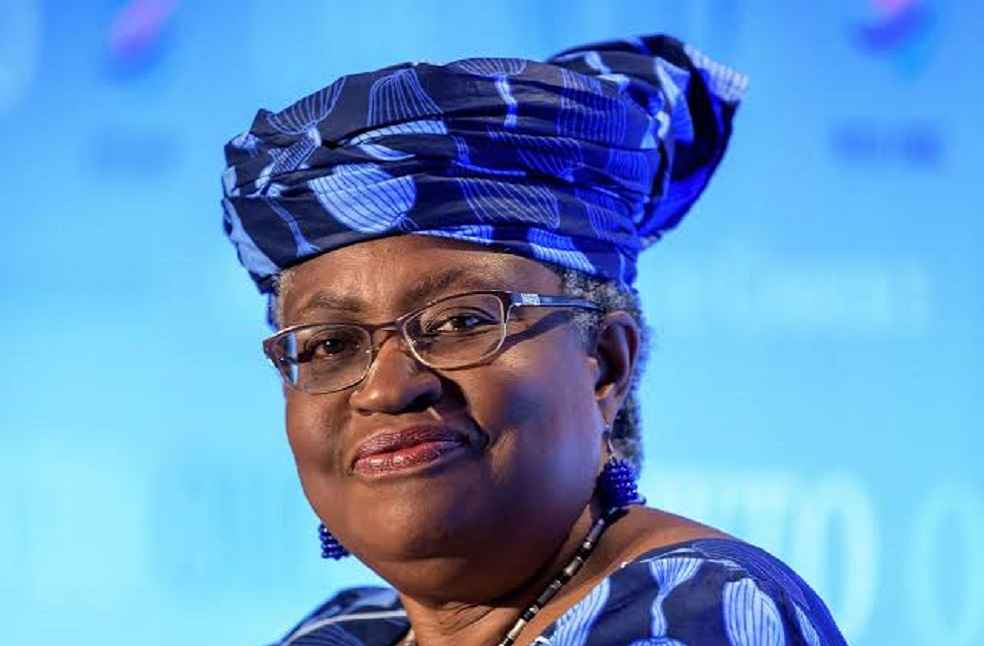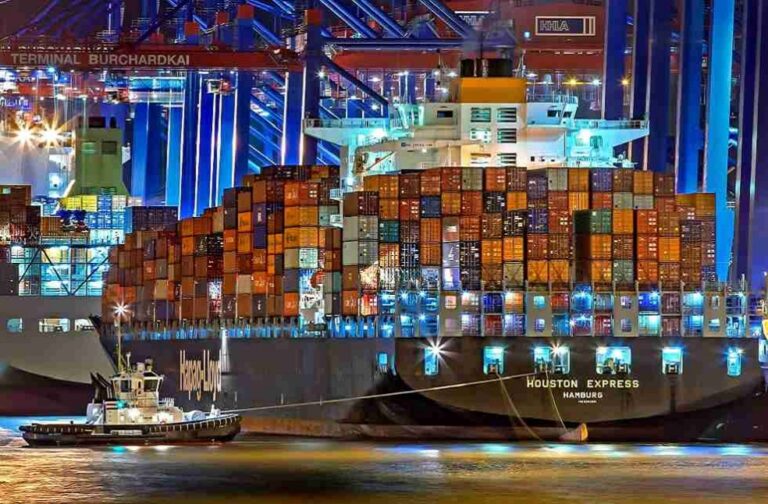The trajectory of service exports from developing economies over the past two decades is on a promising upward trend, outpacing the world average. However, according to a new report by the World Trade Organization (WTO) and the World Bank, much more could be done to harness the full potential of services trade for these economies.
The report, titled “Trade in Services for Development,” was unveiled at an online event on July 3, led by WTO Director-General, Dr. Ngozi Okonjo-Iweala, and World Bank President, Ajay Banga.
Dr. Okonjo-Iweala, in her opening statement, emphasized the future of trade as services-oriented, digital, green, and inclusive. She noted, “The future of trade is services, digital and green — and it must be inclusive. This new publication translates that conviction into a call for action. It documents how services trade has become a key ingredient in our members’ growth and development strategies…including by helping countries diversify and expand their export baskets, making them more resilient to external shocks.”

World Bank President Ajay Banga underscored job creation as a critical pathway out of poverty. He stated, “The single best way to drive a nail into the coffin of poverty is by giving people a job. And in today’s world — and in tomorrow’s economy — delivering jobs means a very sharp focus on services. We need to build the tracks for the services train to run on, to run smoothly, quickly and at scale.”
Despite the heavy toll of the COVID-19 pandemic, the services trade continues to exhibit dynamism, outstripping the growth of the goods trade. Services that are digitally delivered have shown the highest growth rate. As of 2021, services contribute to over two-thirds of global GDP and employ half of the global workforce. In terms of value addition, services account for half of global trade.
The WTO-World Bank report provides a roadmap for developing economies to more fully reap the benefits of services trade, thereby advancing their development agenda. It underscores the necessity of strengthening international cooperation on services trade, especially within the WTO, to lower trade costs and facilitate the expansion of services trade and investment in developing economies.
 One of the key recommendations of the report is an Aid-for-Trade package that could significantly bolster the participation of developing and least-developed economies in services trade. More resources are needed to enhance the capabilities of these economies to diversify and expand exports, design and implement services trade reforms, and deliver competitive services to global markets.
One of the key recommendations of the report is an Aid-for-Trade package that could significantly bolster the participation of developing and least-developed economies in services trade. More resources are needed to enhance the capabilities of these economies to diversify and expand exports, design and implement services trade reforms, and deliver competitive services to global markets.
Revitalizing international cooperation could pave the way for all WTO members to participate more effectively in services trade negotiations, and could enhance the transparency and predictability of services trade policies.
The report also stresses that ensuring effective access to traded services — from healthcare and education to finance, transport, and logistics services — is paramount to realizing the United Nations Sustainable Development Goals.

The event saw the participation of notable figures such as Kemi Badenoch, the United Kingdom’s Secretary of State for Business and Trade; Kamina Johnson Smith, Jamaica’s Minister of Foreign Affairs and Foreign Trade; and Dr. Jean Chrysostome Ngabitsinze, Rwanda’s Minister of Trade and Industry, among other private sector representatives. DDG Anabel González and the Chair of the Special Session of the Council for Trade in Services, Ambassador Zhanar Aitzhan of Kazakhstan, also participated in the event.
GLOBAL ROUNDUP: Trade Turmoil: Labor Disputes and Drought Disrupt Global Shipping



